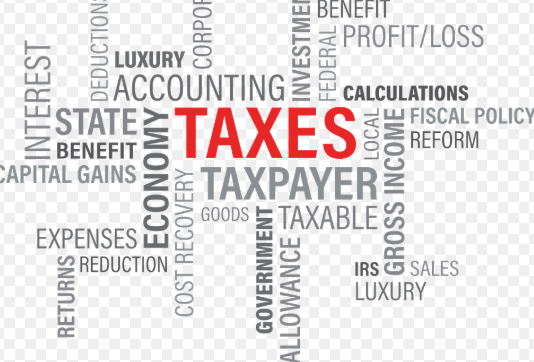Handling Expense Records as Tax Season Looms
By James Pruitt, Senior Staff Writer
Many small business owners brush off tax deductions that could save them and their small business large amounts of money. At the same time, all businesses need to understand their liabilities to avoid conflicts with the IRS or any other parties.
First, remember the importance of business records. Such records are convenient for your own internal purposes and play crucial roles in any drama that may come into play later. New entrepreneurs, especially, may underestimate the importance of their own private transactions. A clear and reliable records system can smooth out unforeseen problems in the future.
Many independent businesspeople forget the need to track their own accounts in case prying eyes might zero in on any inconsistencies. Good internal records can resolve, for example, customer disputes before they escalate. Furthermore, these records can make all the difference in any future lawsuits or tax proceedings.
Second, remember that business expenses are deductible. Personal expenses, on the other hand, meld into your regular finances. However, even the best intentions can’t always prevent confusion between personal and business expenses, especially for small business owners who have chosen not to incorporate. The best solution lies with good planning.
A list of possible business expenses may include advertising, rent, and/or mortgage expenses for office space, utilities, and employee salaries and benefits. Interest on loans may also provide a deduction. Finally, consider equipment, maintenance, and depreciation on any equipment as it wears out.
Even relevant industry publications may provide just such a deduction. Imagine a doctor’s office without the New England Journal of Medicine. Most law offices couldn’t function without their legal digests, which are updated periodically. Any variety of other specialized professions may need these kinds of subscriptions to stay “in the know.”
Business Expense v. Company Expense v. Personal Expenses
Your personal expenses may include your house, car, or cell phone assuming use only in a personal rather than business context. However, such assets may overlap with business expenses in some cases. Assuming some sort of overlap, generally, consider the percentage you use for business or personal reasons. In such cases, the percent of the value of maintenance of the asset becomes most relevant on Tax Day. Here, your accurate business records may come in handy.
Unfortunately, some other ongoing company expenses may not provide a tax break, even when separate from personal expenses. For example, if your company does any political lobbying, your company must shoulder the whole cost, taxation, and all. The same goes for fines and penalties. Ideally, a CPA can help sort out these technicalities.
Formal incorporation can help set these boundaries for you. However, some types of small businesses may see no need for this level of formality.
Smaller businesses are more likely to utilize personal resources along with deductible business expenses. During tax season, itemizing these deductions may present greater challenges than the black-and-white restrictions facing more strictly incorporated companies, which must separate their affairs from their owners like oil and water.
Finally, don’t be afraid to seek professional help. Many business owners do handle their own expense records, but these records can become complicated very quickly. A good accountant can prevent your worst headaches later. The IRS updates its regulations frequently, and a CPA may have more experience than others in more complex taxation matters.
In short, prepare, prepare, prepare. One of the best ways to prepare is to develop a good records system. Further down the road, an entrepreneur’s handling of expenses determines the path around many obstacles that fate may put in your path down the line.
VAMBOA, the Veterans and Military Business Owners Association hope that this article has not only been valuable but provided some unique perspective. We work hard to bring you important, positive, helpful, and timely information and are the “go-to” online venue for Veteran and Military Business Owners. VAMBOA is a non-profit trade association. We do not charge members any dues or fees and members can also use our seal on their collateral and website. If you are not yet a member, you can register here: https://vamboa.org/member-registration/
We also invite you to check us out on social media too.
Facebook: https://www.facebook.com/vamboa
Twitter: https://twitter.com/VAMBOA
Do not forget that VAMBOA members receive significant discounts on technology needs. Check them out here: https://vamboa.org/dell-technologies/















